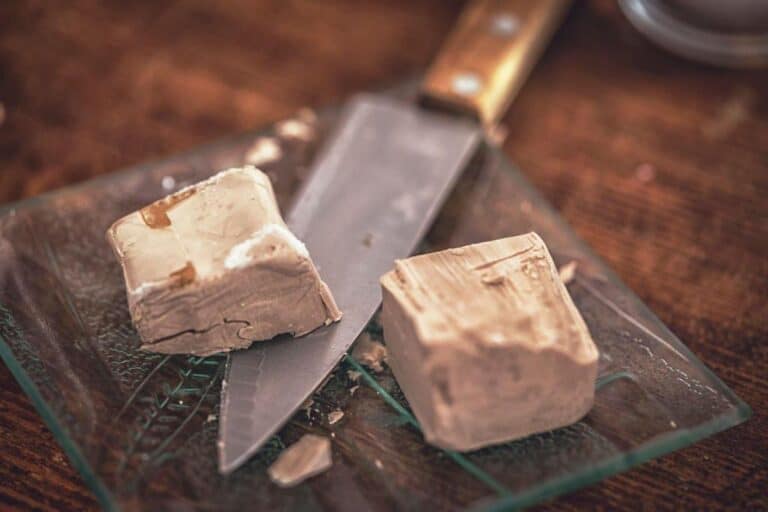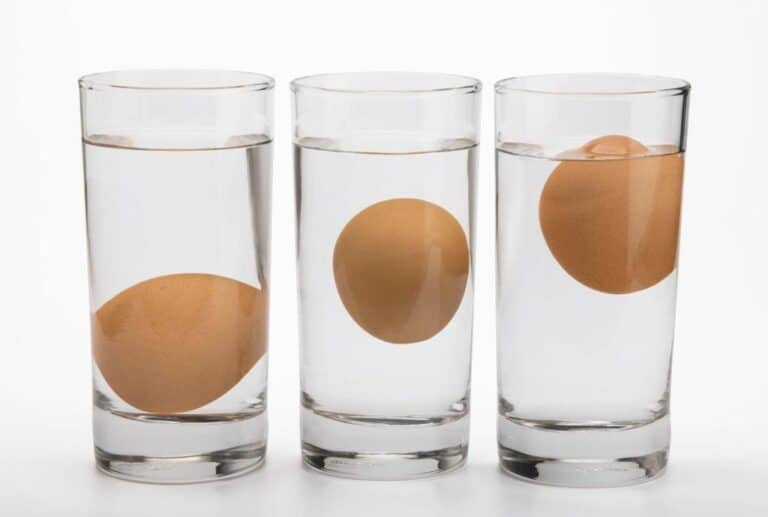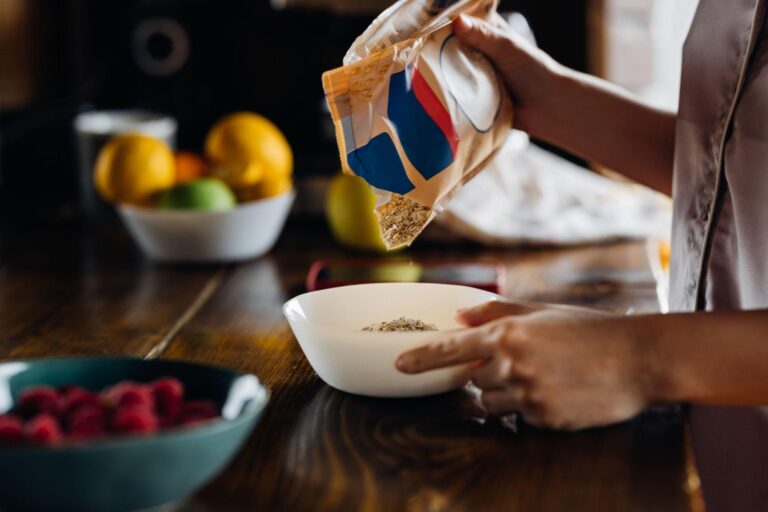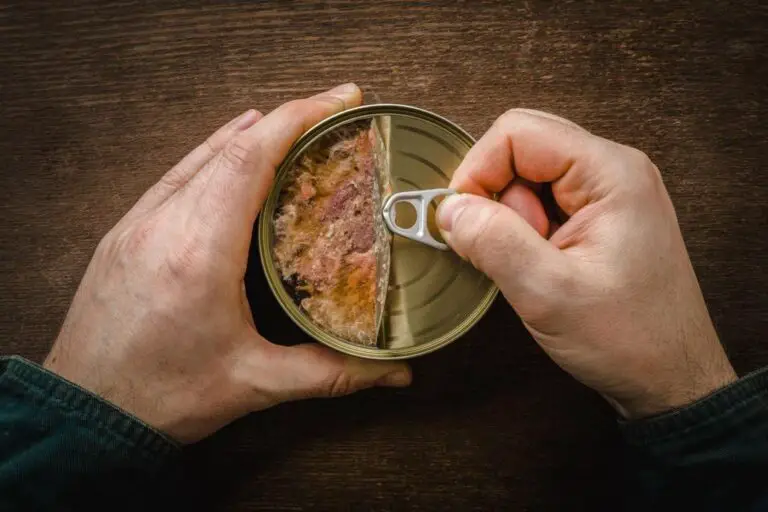Is Raw Squid Safe To Eat? Can You Get Food Poisoning From Squid?
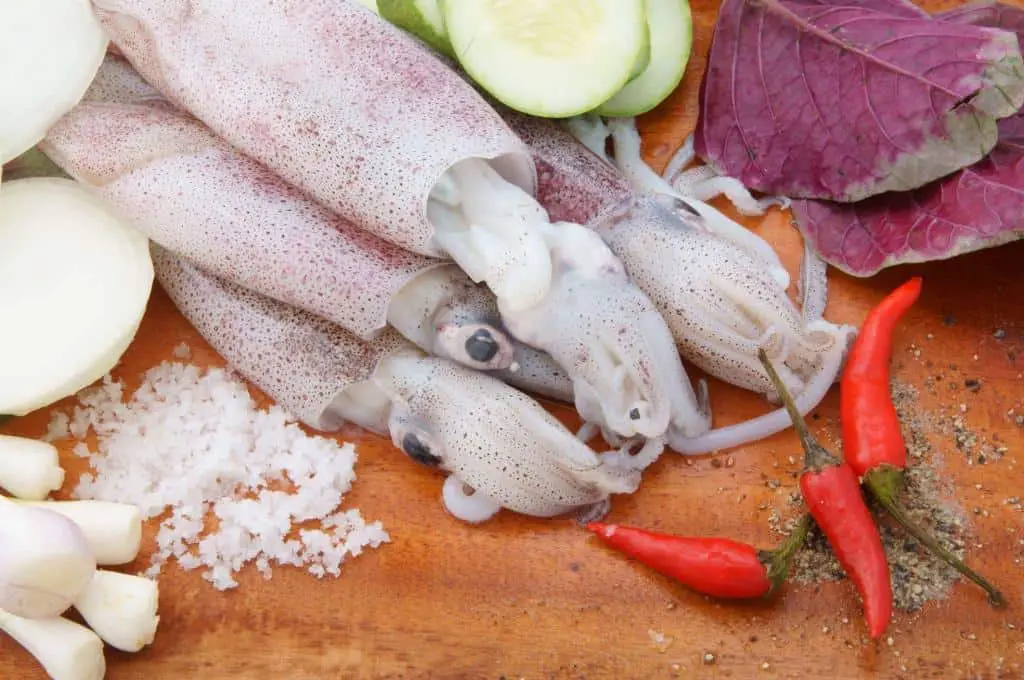
Many people around the world eat raw squid, which is a delicacy. However, as with any raw seafood, there are certain risks involved in consuming it. One of the biggest concerns is the possibility of food poisoning. So, is raw squid safe to eat? Can you really get food poisoning from squid? These are important questions that many people have when it comes to consuming this unique seafood.
Squid is a type of mollusk that is often enjoyed in dishes like sushi, sashimi, and ceviche. Raw squid can be eaten, but it is recommended that you cook it before consuming it. While it can be a delicious and unique addition to any meal, consuming it raw can be risky. The concern lies in the potential for harmful bacteria and parasites to be present in the meat. If not prepared and stored properly, these can cause serious illness and even death.
Despite the risks, many people still choose to consume raw squid. Whether for taste or cultural significance, it’s important to understand the potential dangers and take necessary precautions to ensure a safe and enjoyable dining experience.
So, let’s dive deeper into the safety concerns surrounding raw squid and explore the ways in which you can minimize the risks of food poisoning.
Raw Squid Nutrition Fact and Health Benefit
Raw squid is a nutritious food that is rich in essential nutrients and has numerous health benefits. This seafood is a great addition to any diet because it is full of protein, vitamins, and minerals. Raw squid is also low in calories and fat, making it a healthy food option for those looking to maintain a healthy weight.
One of the primary benefits of consuming raw squid is its high protein content. Protein is essential for building and repairing tissues in the body, and raw squid is an excellent source of this nutrient. In fact, just one serving of raw squid contains approximately 14 grams of protein, which is almost 30% of the daily recommended intake for an average adult.
Raw squid is also rich in vitamins and minerals. It has a lot of vitamin B12, which is needed for nerves to work well and for the body to make red blood cells. Additionally, raw squid is an excellent source of copper, which is important for maintaining healthy bones and connective tissues, and selenium, which is a powerful antioxidant that helps protect the body against cell damage.
Finally, consuming raw squid can have various health benefits. For example, it can help reduce the risk of heart disease by lowering cholesterol levels in the body. Raw squid is also an excellent source of omega-3 fatty acids, which have been shown to improve brain function, reduce inflammation, and lower the risk of depression and anxiety.
What Do Raw Squid Taste Like?
If you’re a seafood enthusiast, you may be curious about the taste of raw squid. Raw squid has a unique taste and texture that’s quite different from cooked squid. The flavor is subtle, slightly sweet, and slightly salty. When eaten raw, squid has a tender and slightly chewy texture that’s often described as “melt-in-your-mouth.”
Some people compare the taste of raw squid to that of oysters or clams due to the slight brininess and sweetness. However, raw squid also has a distinct umami flavor that’s difficult to describe.
The taste can vary depending on the species of squid and the location where it was caught. For example, squid caught in colder waters may have a more delicate flavor than those caught in warmer waters.
It’s also important to note that the method of preparation can affect the flavor of raw squid. For instance, if the squid is marinated in acidic ingredients such as lime juice or vinegar, it can have a slightly tangy flavor. Similarly, if the squid is served with a spicy dipping sauce or garnished with fresh herbs, it can enhance its taste profile and create a more complex flavor.
Is Raw Squid Safe To Eat?
Raw squid can be eaten, but it is recommended that you cook it before consuming it because it may potentially cause parasitic disease. Raw squid, like other raw seafood, can have harmful bacteria and parasites that can make you sick. Some of the most common types of bacteria found in raw squid include Vibrio and Salmonella, which can cause symptoms such as nausea, vomiting, and diarrhea.
To reduce the risk of foodborne illness from consuming raw squid, it’s important to handle and prepare it properly. When selecting squid, make sure to choose ones that are fresh and have a firm texture. If the squid feels soft or slimy, it may be an indication that it’s not fresh and should be avoided. When storing raw squid, keep it refrigerated at temperatures below 40°F and consume it within two days.
Can You Get Food Poisoning From Squid?
If you’re a seafood lover, you may wonder if you can you eat raw squid and whether eating squid can lead to food poisoning. Unfortunately, the answer is yes. Like any other raw or undercooked seafood, eating raw or undercooked squid can lead to food poisoning.
Squid can carry a bacterium called Vibrio, which is commonly found in seawater. Vibrio can cause gastrointestinal symptoms such as diarrhea, vomiting, and stomach cramps. The symptoms can occur within a few hours to a few days after consuming the contaminated squid.
To avoid getting sick from eating squid, it’s crucial to ensure that the squid is fresh, properly stored, and cooked thoroughly. When buying squid, look for those with clear eyes, a firm texture, and a fresh smell. If the squid has a fishy or ammonia-like odor, it may not be fresh, and it’s best to avoid it.
When cooking squid, make sure to cook it thoroughly until it’s firm and opaque. Avoid eating squid that is soft, slimy, or gritty in texture, as this could be a sign of undercooked squid. Additionally, it’s crucial to practice good food safety habits, such as washing your hands and utensils
How to Prepare Raw Squid Safely
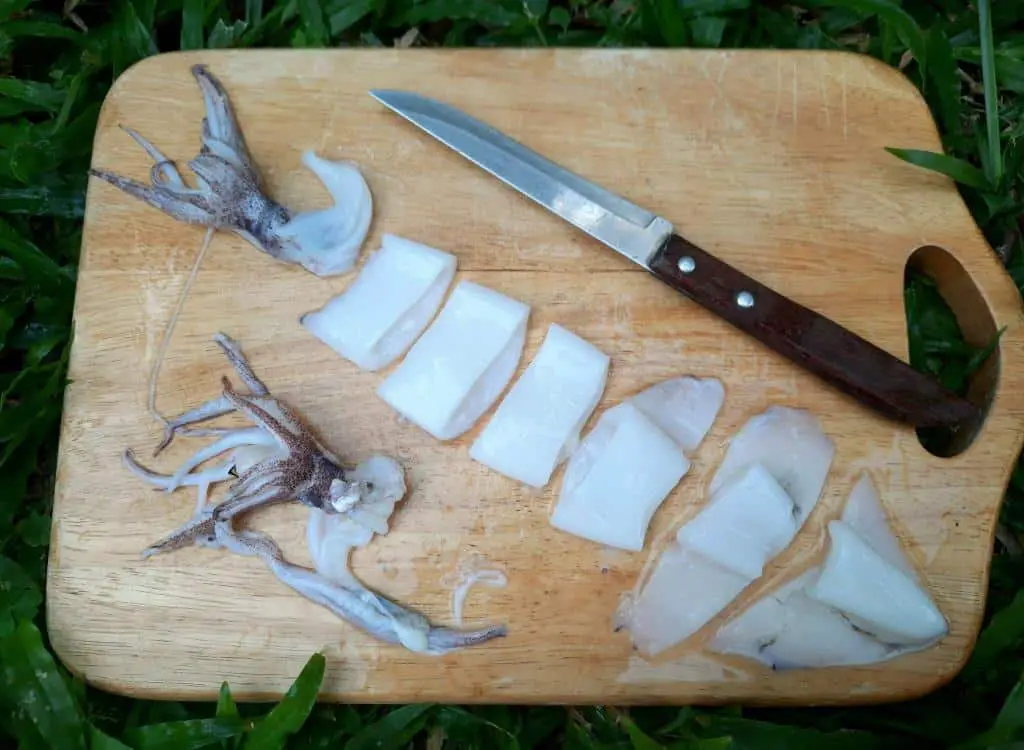
If you’re a fan of seafood, chances are you’ve heard of raw squid. While it may seem intimidating to prepare, with proper techniques and precautions, raw squid can be a delicious and safe dish. Here are some tips on how to prepare raw squid safely.
First, it’s important to start with fresh squid. Look for squid that is firm and has a shiny appearance. Avoid squid that appears slimy or has a strong odor, as these can be signs of spoilage.
Once you have your fresh squid, you’ll need to clean and prepare it properly. To clean squid, start by removing the head, tentacles, and innards. You can also remove the skin by pulling it off gently. Once the squid is cleaned, rinse it thoroughly with cold water. At this point, you can either slice the squid into thin pieces or leave it whole, depending on your preference.
Before consuming raw squid, it’s recommended to freeze it first. Freezing the squid at -4°F for at least 24 hours can help kill any potential bacteria or parasites that may be present. Once the squid has been frozen, it can be thawed in the refrigerator or by placing it in a bowl of cold water.
How Do You Know If Squid Is Undercooked?
Squid is a delicious seafood that can be prepared in a variety of ways. However, if it is not cooked properly, it can pose a health risk. Undercooked squid can contain harmful bacteria or parasites that can cause foodborne illness. Therefore, it’s important to know how to tell if squid is undercooked.
When cooked properly, squid should have a firm texture and a slightly chewy consistency. The flesh should be white or slightly translucent, with no signs of pink or red. If the squid is overcooked, it can become tough and rubbery, making it difficult to chew and swallow.
On the other hand, if the squid is undercooked, it may still have a slimy texture and a gritty taste. The flesh may appear translucent or opaque and may have a pinkish hue. If you are unsure whether the squid is fully cooked, it’s best to err on the side of caution and cook it for a few more minutes.
To ensure that squid is cooked properly, it’s important to follow the cooking instructions carefully. Squid can be grilled, fried, boiled, or sautéed, depending on the recipe. When grilling or frying squid, it’s important to cook it over high heat for a short period of time to ensure that it is cooked through.



